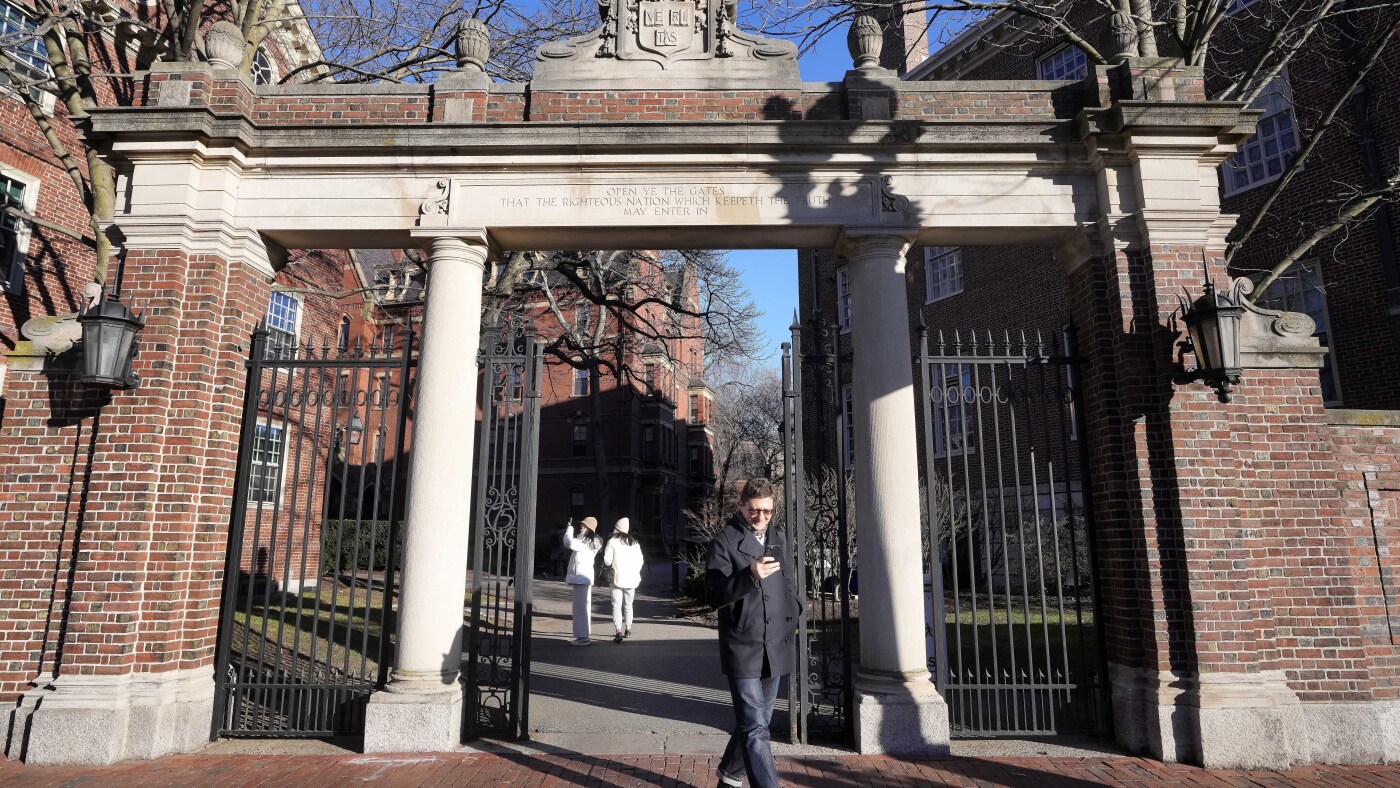Harvard University Enhances Measures Against Antisemitism Following Legal Settlement
Harvard University is taking significant steps to bolster its policies against antisemitism after settling two federal lawsuits that claimed the institution was insufficiently addressing antisemitic discrimination and harassment. The university has agreed to adopt a broader definition of antisemitism and make other policy changes aimed at ensuring a safer environment for Jewish students.
Under the settlement, Harvard will implement the International Holocaust Remembrance Alliance (IHRA) definition of antisemitism, which includes certain anti-Zionist or anti-Israeli criticisms. This definition has sparked debate, with critics arguing that it could stifle academic freedom by conflating legitimate criticism with antisemitism. Harvard asserts that these changes are part of their commitment to treat Jewish and Israeli students with the same dignity and urgency as all protected groups.
The university will also publish an explanatory note, stating that “For many Jewish people, Zionism is a part of their Jewish identity,” and provide examples of antisemitic actions, such as excluding Zionists from events or applying discriminatory participation criteria in university activities.
In addition to policy changes, Harvard has committed to sharing outcomes of antisemitism allegations alongside other bias-related complaints for the next five years. The university has been criticized for perceived leniency in handling harassment and discrimination cases involving Jewish students compared to other groups.
Harvard will require external training for staff handling antisemitism complaints and will allocate more resources to study antisemitism, including an annual symposium and partnerships with Israeli universities. Kenneth L. Marcus, chairman of the Brandeis Center for Human Rights Under Law, praised the agreement, stating it would foster an environment free from antisemitic harassment.
While the settlement includes a monetary component, Harvard has not admitted any wrongdoing. The university reaffirmed its commitment to supporting its Jewish community and combating antisemitism.
The agreement has drawn mixed reactions on campus. Harvard Law School professor Noah Feldman acknowledged the need for clearer guidelines, especially after a congressional hearing where the university’s responses were criticized. He noted that while the new policies do not differ significantly from past practices, they provide a more explicit framework for addressing antisemitism.
However, the settlement has been criticized by groups such as the Harvard Undergraduate Palestine Solidarity Committee, which accused Harvard of using a “contested” definition to silence Palestinian advocacy. Some students expressed concerns that the policy changes could prioritize Zionism over free speech.
Marc Kasowitz, the attorney involved in the settlement, refuted these criticisms, stating that the agreement does not limit political speech. He argued that expressing exclusionary views against Zionists could be considered antisemitic.
Similar legal challenges have been settled at other universities, with ongoing cases at institutions like the University of Pennsylvania and Columbia University. Despite the settlement, the issue remains unresolved at Harvard, as one student has opted to continue with a trial, claiming the university failed its Jewish students.





